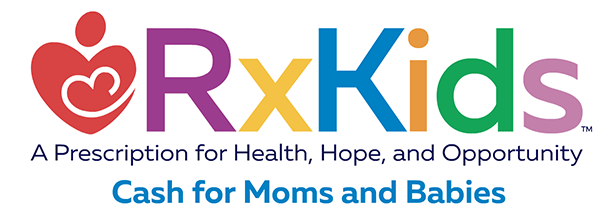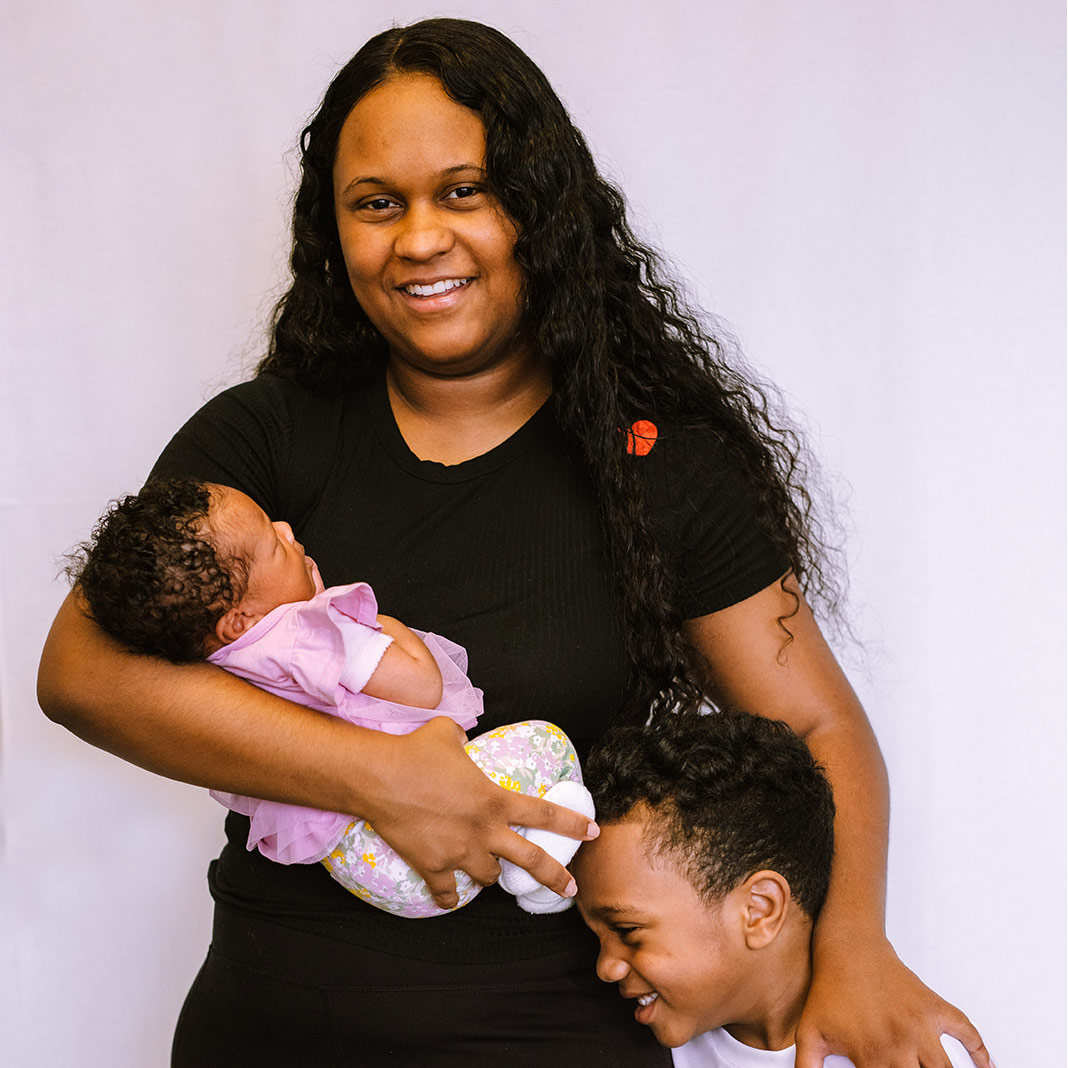Working collaboratively with community partners and Rx Kids mothers, Rx Kids’ comprehensive research plan uses multiple forms of data and analytic methods to understand the impacts of the program. Because of the program’s exceptionally high take up rate (over 90% in Flint!), community-level analysis using administrative records (or “big data”) is a cornerstone of this program. Administrative records are usually collected by governmental agencies or institutions (like health care systems) to follow population-level outcomes over time, such as maternal and infant health at birth as tracked by birth certificates. Such data are highly confidential and protected.
To better serve the public, though, government and health systems sometimes partner with researchers to analyze these data. As a trusted community-based institution with deep ties to local, state, and federal government, the Michigan State University-Hurley Children’s Hospital Pediatric Public Health Initiative (MSU PPHI) has built a world-class infrastructure over the years to confidentially analyze these data sources.


